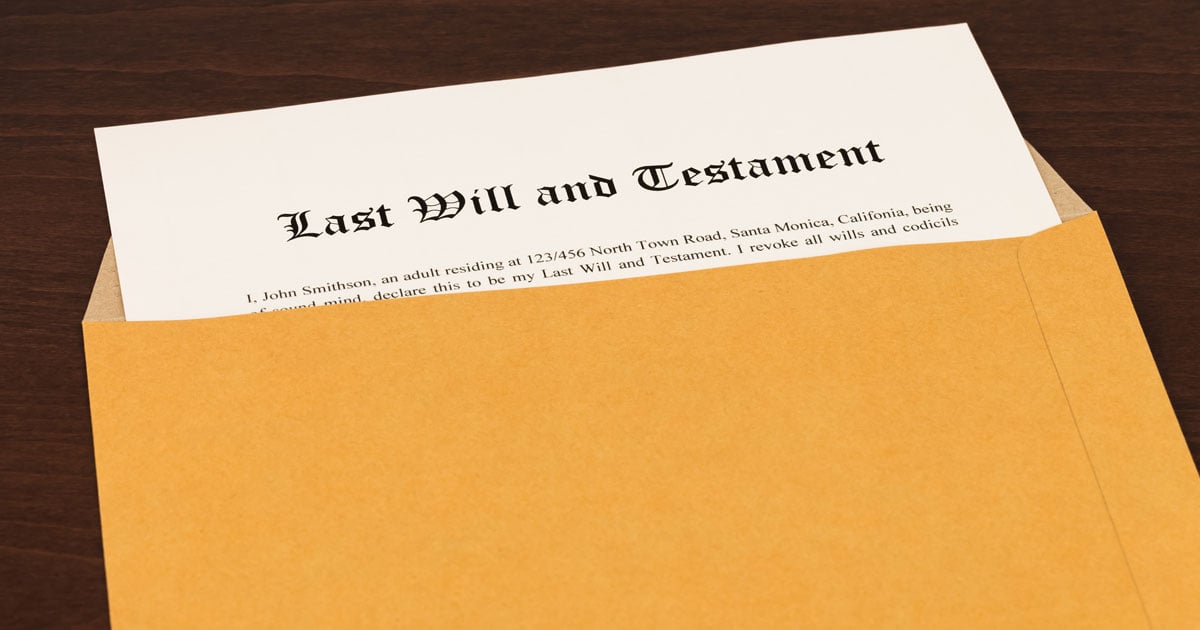Drafting an affidavit can be challenging, particularly as it reflects a formal legal record of experiences as subjective and unreliable as human recollection. A recent case before the New South Wales Court of Appeal, Gan v Xie [2023] NSWCA 163, resurfaced this issue regarding direct speech, and how it ought to appear in an affidavit.
Barrister and College of Law lecturer Jonathan Tsang, spoke to us about the key implications following this decision, and what lawyers need to know moving forward.
What happened in Gan v Xie [2023] NSWCA 163?
“At the primary trial in the District Court, the primary judge rejected evidence of two witnesses in that they had no separate and specific recollection of particular words said in any specific conversation such that their evidence was unreliable and had no probative value. (at [118]),” Jonathan explains. “This was held to be an error by the Court of Appeal and much of the commentary which now exists flows from this. (at [119]).”
According to Jonathan, this Court of Appeal decision gives support to parties wishing to adduce affidavit evidence in situations where the witnesses are unable to recall the exact words of a conversation in that “the fact that precise words used, and the specific occasion on which words were used, are not recalled, does not mean that a person’s memory of the substance or ‘gist’ of what was said must be rejected.”
“As is correctly pointed out there is no rule of evidence requiring affidavit evidence to involve direct speech.”
How will this impact the drafting of affidavits?
In Jonathan's opinion, this will have no major change as to how affidavits are drafted.
“From a broad perspective, the purpose of an affidavit is to put forward your witness's evidence in a way which conforms with the rules of evidence, and is most convincing to the decision maker,” Jonathan observes.
“As a lawyer it is important to strategically consider drafting affidavits in terms of, ‘What can my opponent object to in this affidavit?’”
While Gan v Xie [2023] NSWCA 163 did not alter the law to require direct speech in affidavits, Jonathan thinks it remains important to be mindful how you use indirect speech.
“The risk is, if you do put in evidence of conversation in indirect speech, especially in situations where the witness CAN remember words or parts of it, then you increase the risk of it being objected to and being rejected,” Jonathan says.
Such objections may be raised due to opinion, conclusion, unfairness, or any other relevant objections.
“So, in my opinion, if the witness can remember part of the conversation or words in the conversation, I would put it in direct speech using the caveat 'words to the effect of...',” Jonathan advises.
“Not to mention that some judges, at their discretion, might view evidence of conversations in indirect form not as convincing as that in direct speech form.”
This means the issue of what weight to give evidence might come into play.
How should lawyers respond to Gan v Xie [2023] NSWCA 163?
While the decision does not fundamentally alter the way lawyers draft affidavits, the fact it required a ruling from the Court of Appeal suggests it is preferable, wherever possible, to record conversations in direct speech in affidavits.
“The main benefit is that it gives comfort to parties with witnesses who may not have a perfect memory of a conversation, and cannot recall the exact or precise words spoken,” Jonathan says.
“Now that this decision has been out for a few months, it's had time for other courts to consider it too and it's interesting to see how Gan v Xie has been dealt with by other courts. Of note is [277] of Lantrak Holdings Pty Ltd v Yammine [2023] FACFC 156.”
From Jonathan’s perspective, the decision affirms a preference for direct speech.
“If the choice was available, and the situation allows for it, I would evidence in direct speech, rather than indirect speech. However, where a witness simply cannot remember the precise words or exact phrases or content of a conversation, this decision will assist.”
Litigation CPD courses tailored for you
Elevate your legal practice with our selection of live and on-demand CPD courses, designed for litigation professionals. Whether you're looking to stay ahead in family law or sharpen your advocacy skills, our courses provide valuable insights and practical skills.
![How to handle Direct Speech after Gan v Xie [2023] NSWCA 163](https://images4.cmp.optimizely.com/assets/Lawyer+Up+direct+speech+in+drafting+NSW+legislation+OCT232.jpg/Zz1hNDU4YzQyMjQzNzkxMWVmYjFlNGY2ODk3ZWMxNzE0Mw==)


































































































